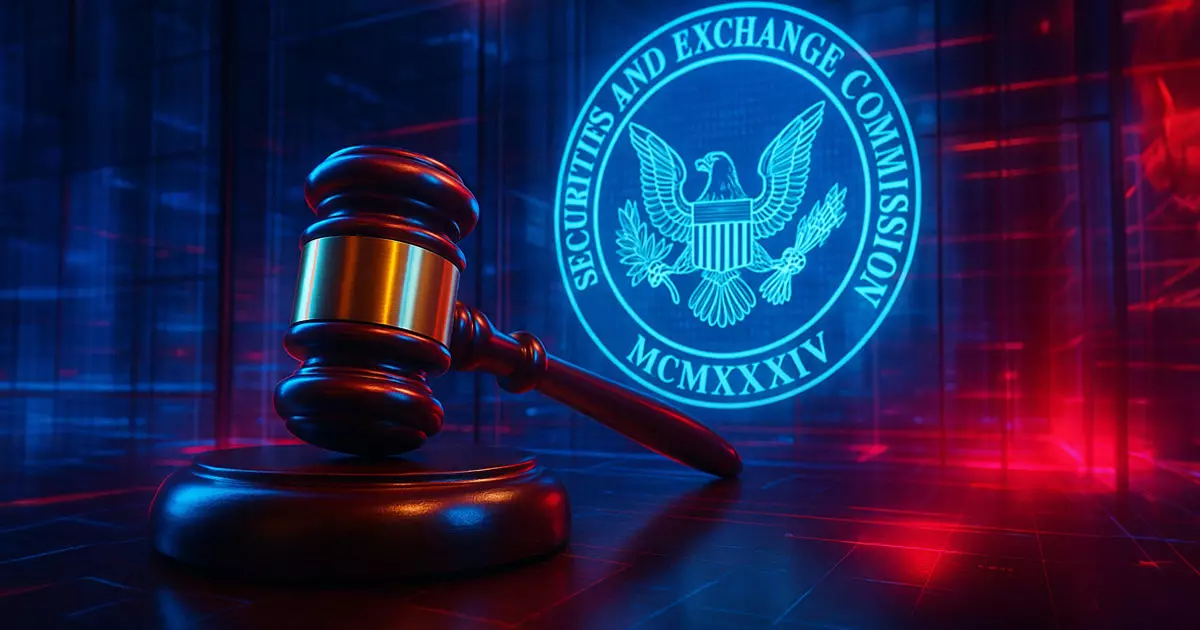The anticipated departure of Gary Gensler from the Securities and Exchange Commission (SEC) has generated a wave of optimism among crypto advocates, hoping it signals a major shift in regulatory tides. However, in reality, this optimism appears misplaced. As Justin Slaughter, Paradigm’s VP of regulatory affairs and a former adviser at the SEC and CFTC indicated, the absence of Gensler does not signify the end of the SEC’s heavy-handed tactics against cryptocurrency. Rather, it signifies a transition of regulatory scrutiny from federal to state. This shift, masked as a liberation from the suffocating grip of federal oversight, is actually an outstanding indicator of a troubling continuity—even an escalation—in the regulatory environment awaiting cryptocurrency exchanges.
The Rise of State-Level Lawsuits
If you want to see the pulse of crypto regulation today, look no further than the ongoing legal battles against platforms like Coinbase at the state level. Most notably, the Oregon Attorney General’s lawsuit serves as a stark reminder of how an administration change does not bring with it regulatory leniency. Slaughter emphasizes that the momentum for these state-level lawsuits comes from a traditional political playbook, where outgoing federal regulators encourage state officials to push ahead with their unresolved agendas. The Oregon complaint, mirroring the SEC’s own arguments almost verbatim, exemplifies how local government entities are appropriating federal rhetoric while effectively escaping the perceived drawbacks of federal jurisdiction.
What should be concerning to crypto investors and innovators is that these actions at the state level lack the profound structure and rigor that typically characterize federal cases. State attorneys general (AGs) may not possess the legal prowess or resources to support exhaustive investigations, leading to unpredictable legal outcomes. Unlike their federal counterparts, state AGs can adopt strategies designed to sidestep federal reviews, thereby forcing a legal landscape that is harder for crypto companies to navigate. This reality fosters a sense of urgency for federal lawmakers to act swiftly before the situation devolves into a chaotic patchwork of state-level regulations that vary dramatically from one jurisdiction to another.
Inconsistent Legal Standards
The potential for varying legal standards across states is of grave concern. As Slaughter pointed out, state-level cases operate under a different set of legal frameworks compared to the federal court system. This divergence not only increases the unpredictability for crypto firms but also holds the risk of inconsistent legal precedents developing, which could inhibit future innovation. Companies caught in this quagmire face a daunting challenge: not only must they comply with existing regulations, but they also have to continually adapt to an ever-changing landscape of state laws, which may have been designed purposefully to complicate vertical defense strategies in federal courts.
Indeed, the Oregon complaint is crafted in such a way that it deliberately cuts off any chance for the case to be moved to federal court. This calculated maneuver underscores a growing trend among state attorneys to leverage state law in pursuit of enforcement actions against cryptocurrency exchanges. As these actions proliferate, it is likely we will see more state lawsuits emerge, fundamentally reshaping the ecosystem in which cryptocurrency operates today.
Political Pressures and Regulatory Certainty
One of the most glaring issues with this ongoing state-level regulation is the muddy political waters from which it springs. State AGs may have the incentive to curry favor with local populaces worried about the ramifications of cryptocurrency on their economic communities. Coupled with the urgency from local constituents, who are unsure about how best to navigate the complex and often opaque waters of cryptocurrency regulation, it’s plausible that political motivations are clouding legal judgment. If regulations at the state level are driven by fear rather than by sound legal reasoning, the crypto industry will undoubtedly continue to struggle for legitimacy and sustainability.
The unfortunate truth is that the longer Congress remains stagnant on establishing federal legislation for cryptocurrency, the greater the risk of systemic fragmentation emerges. Without clear guidance from Washington, we risk creating an environment where innovation is stifled by fear of repercussions from a state-level regulatory terror. The dichotomy poses a compelling question: can true innovation thrive in a regulatory environment that is contingent upon the political whims of individual states?
















Leave a Reply